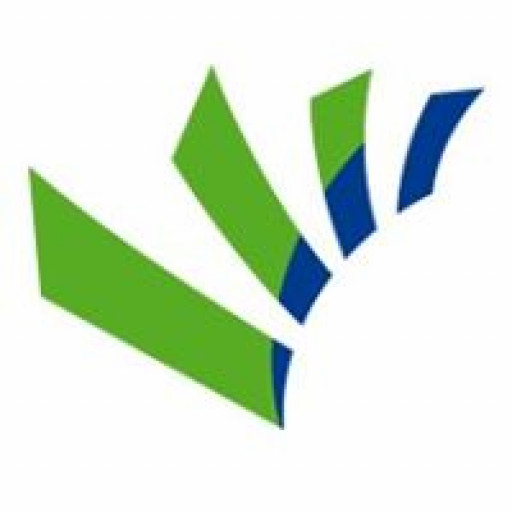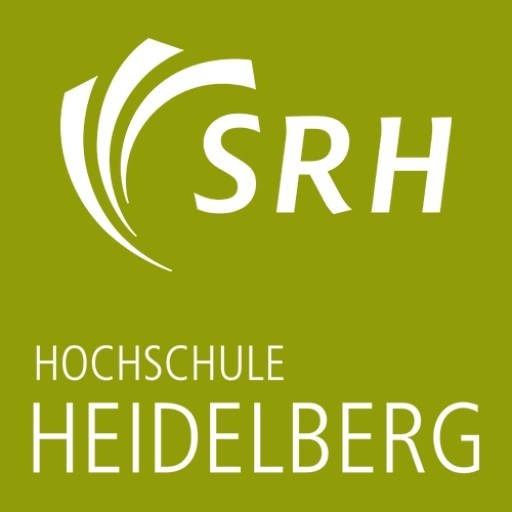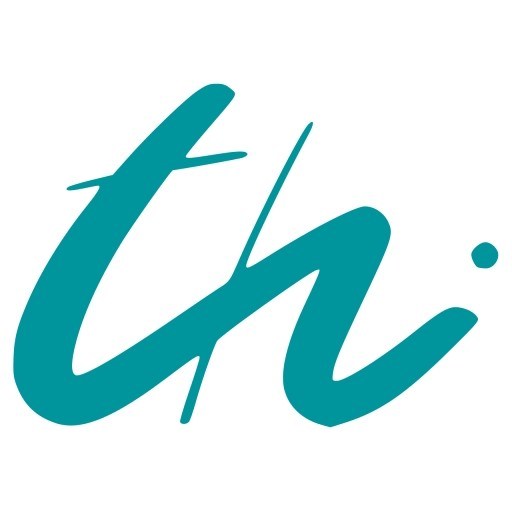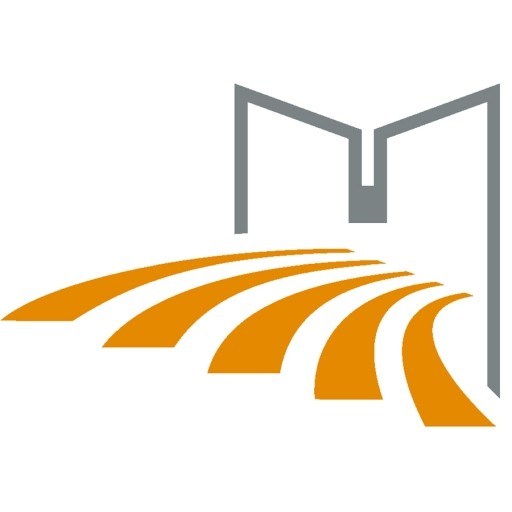Photos of university / #universitaetbonn
The Bachelor's degree in Computer Science at the University of Bonn offers a comprehensive and rigorous education designed to prepare students for a wide range of careers in information technology, software development, data analysis, and research. The programme combines theoretical foundations with practical applications, ensuring graduates acquire both the conceptual understanding and technical skills necessary to excel in the rapidly evolving field of computer science. Students will engage with core areas such as algorithms, programming languages, computer systems, databases, and software engineering, while also exploring specialized topics like artificial intelligence, machine learning, cybersecurity, and human-computer interaction. The curriculum emphasizes problem-solving, computational thinking, and innovative approaches to complex challenges, fostering a deep understanding of both hardware and software components. In addition to coursework, students have opportunities to participate in research projects, internships, and collaboration with industry partners, providing valuable real-world experience. The programme is designed to develop analytical, creative, and communicative skills, enabling graduates to contribute effectively to technological advancements and digital transformation initiatives across various sectors. With access to state-of-the-art laboratories, research centers, and a vibrant academic community, students will benefit from a stimulating educational environment that promotes intellectual growth and professional development. The degree prepares students for diverse careers in academia, industry, and entrepreneurship, or for further studies such as a master's or doctoral programme. Fluent English instruction and international exchange options further enhance the global perspective of the programme. Graduates of the Computer Science bachelor's programme at the University of Bonn are well-equipped to meet the demands of the digital age, driving innovation and contributing to society through technological expertise and ethical responsibility.
Educational organisation
The curriculum of our Master's programme is divided into four sub-curricula, each corresponding to one of the four main areas of competence in research at the Institute for Informatics (algorithms; graphics, vision, audio; information and communication management; intelligent systems).The standard period of study is four semesters, including the Master's thesis. The programme is taught in the form of modules which consist of teaching units with a duration of one semester. Each module is completed with an exam. Three different types of modules are offered: lectures, seminars, and labs. The basis of evaluation are score points (ECTS points). The Master's programme is successfully completed once 120 ECTS points have been obtained. Of these, 88 ECTS points will be obtained from modules of at least three out of all four tracks, 30 points from the Master's thesis and two points from the seminar accompanying the Master's thesis. After the second semester, our students choose an area of focus from the four tracks. Between 31 and 61 ECTS points must be obtained from this area. Seminars and labs prepare for the Master's thesis and therefore should only be taken from the area of focus.
Internships
The curriculum includes an internship (lab) in one of the institute's research groups.Forms of assessment
- Written and oral exams
- presentations (seminar paper)
- Master's thesis
Course objectives
The programme is designed to provide our students with the required expert knowledge, skills and methods as well as interdisciplinary key qualifications, taking into account requirements and changes in the professional world. It enables them to work scientifically, to classify and utilise scientific findings in a critical manner, and to act responsibly.Language requirements
Submission of a TOEFL or IELTS result is mandatory for all applicants. Applications without either test result will not be considered.Exempt from this rule are: nationals and/or first degree holders (earned IN the respective country) from Antigua & Barbuda, Australia, The Bahamas, Barbados, Belize, English-speaking Canada, Gambia, Ghana, Grenada, Guyana, Republic of Ireland, Jamaica, Kiribati, Liberia, Mauritius, Micronesia, New Zealand, Nigeria, Papua New Guinea, St.Kitts-Nevis, St. Lucia, St. Vincent, Sierra Leone, Solomon Islands, Trinidad & Tobago, United Kingdom, United States, Zambia or Zimbabwe. Applicants from these countries do not have to submit language certificates.
Minimum scores for TOEFL/IELTS (results below minimum score will not be accepted):
- TOEFL paper-based: 550 points
- TOEFL internet-based: 80 points
- IELTS: 6.0
Academic requirements
- Bachelor of Science degree in computer science
- Mandatory documents (in English):
- Bachelor's degree plus up-to-date transcript of records
- TOEFL or IELTS result
- statement of purpose
- curriculum vitae
- name/address of two referees
https://www.informatik.uni-bonn.de/en/for-students/master-of-science-in-computer-science/application
Before applying, prospective students are asked to have a close look at our eligibility criteria:
https://www.informatik.uni-bonn.de/en/for-students/master-of-science-in-computer-science/am-i-eligible
Enrolment fees
Approx. 285 EUR (may vary from semester to semester)Included is a public transport ticket for the federal state of North Rhine-Westphalia.
Costs of living
Between 600-1,000 EUR per month, depending on the student's standard of livingJob opportunities
An excellent way for students to fund their studies and at the same time gain practical experience and meet future employers is to take a student job at one of the many information technology companies in the Bonn/Cologne area. An online job board is available from the University of Bonn (http://www.hrz.uni-bonn.de/x-tra/stellenangebote) as well as Studentenwerk Bonn (http://www.studentenwerk-bonn.de/job-boerse/) and Fachschaft Informatik (https://www.fachschaft.info/service/jobangebote).A number of student research assistantships are also available at our institute and at the cooperating research institutions such as Fraunhofer Schloss Birlinghoven and Wachtberg.
Accommodation
Around forty student residences in and around Bonn offer low-priced rooms and apartments. Private accommodation is generally more expensive.Information on student residences run by the Studentenwerk Bonn:
http://www.studentenwerk-bonn.de
Online portal for private accommodation in and around Bonn:
http://www.zimmerfrei-bonn.de/wohnborse/suche/
Online portal for private shared apartments:
http://www.wg-gesucht.de/en/










